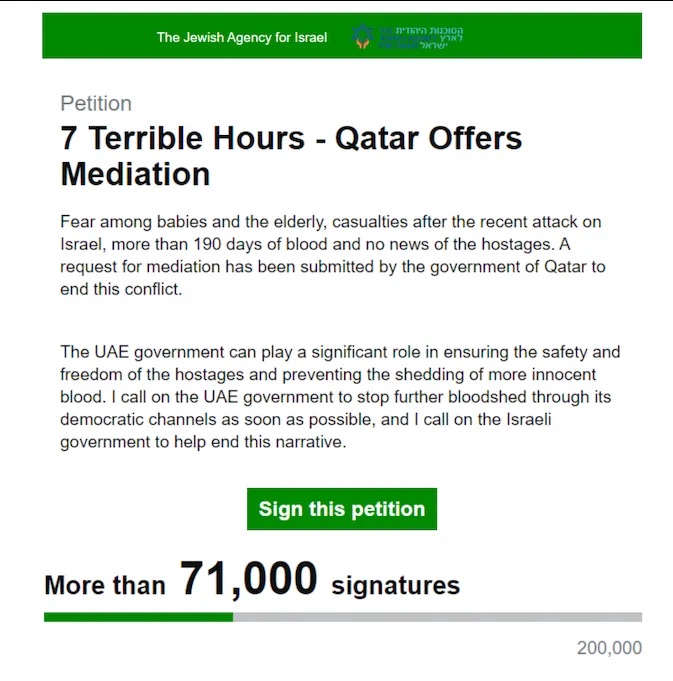Due to AI fakes, the “deep doubt” era is here

Memento | Aurich Lawson
Given the flood of photorealistic AI-generated images washing over social media networks like X and Facebook these days, we’re seemingly entering a new age of media skepticism: the era of what I’m calling “deep doubt.” While questioning the authenticity of digital content stretches back decades—and analog media long before that—easy access to tools that generate convincing fake content has led to a new wave of liars using AI-generated scenes to deny real documentary evidence. Along the way, people’s existing skepticism toward online content from strangers may be reaching new heights.
Deep doubt is skepticism of real media that stems from the existence of generative AI. This manifests as broad public skepticism toward the veracity of media artifacts, which in turn leads to a notable consequence: People can now more credibly claim that real events did not happen and suggest that documentary evidence was fabricated using AI tools.
The concept behind “deep doubt” isn’t new, but its real-world impact is becoming increasingly apparent. Since the term “deepfake” first surfaced in 2017, we’ve seen a rapid evolution in AI-generated media capabilities. This has led to recent examples of deep doubt in action, such as conspiracy theorists claiming that President Joe Biden has been replaced by an AI-powered hologram and former President Donald Trump’s baseless accusation in August that Vice President Kamala Harris used AI to fake crowd sizes at her rallies. And on Friday, Trump cried “AI” again at a photo of him with E. Jean Carroll, a writer who successfully sued him for sexual assault, that contradicts his claim of never having met her.
Legal scholars Danielle K. Citron and Robert Chesney foresaw this trend years ago, coining the term “liar’s dividend” in 2019 to describe the consequence of deep doubt: deepfakes being weaponized by liars to discredit authentic evidence. But whereas deep doubt was once a hypothetical academic concept, it is now our reality.
The rise of deepfakes, the persistence of doubt
Doubt has been a political weapon since ancient times. This modern AI-fueled manifestation is just the latest evolution of a tactic where the seeds of uncertainty are sown to manipulate public opinion, undermine opponents, and hide the truth. AI is the newest refuge of liars.
Over the past decade, the rise of deep-learning technology has made it increasingly easy for people to craft false or modified pictures, audio, text, or video that appear to be non-synthesized organic media. Deepfakes were named after a Reddit user going by the name “deepfakes,” who shared AI-faked pornography on the service, swapping out the face of a performer with the face of someone else who wasn’t part of the original recording.
In the 20th century, one could argue that a certain part of our trust in media produced by others was a result of how expensive and time-consuming it was, and the skill it required, to produce documentary images and films. Even texts required a great deal of time and skill. As the deep doubt phenomenon grows, it will erode this 20th-century media sensibility. But it will also affect our political discourse, legal systems, and even our shared understanding of historical events that rely on that media to function—we rely on others to get information about the world. From photorealistic images to pitch-perfect voice clones, our perception of what we consider “truth” in media will need recalibration.
In April, a panel of federal judges highlighted the potential for AI-generated deepfakes to not only introduce fake evidence but also cast doubt on genuine evidence in court trials. The concern emerged during a meeting of the US Judicial Conference’s Advisory Committee on Evidence Rules, where the judges discussed the challenges of authenticating digital evidence in an era of increasingly sophisticated AI technology. Ultimately, the judges decided to postpone making any AI-related rule changes, but their meeting shows that the subject is already being considered by American judges.
Due to AI fakes, the “deep doubt” era is here Read More »



